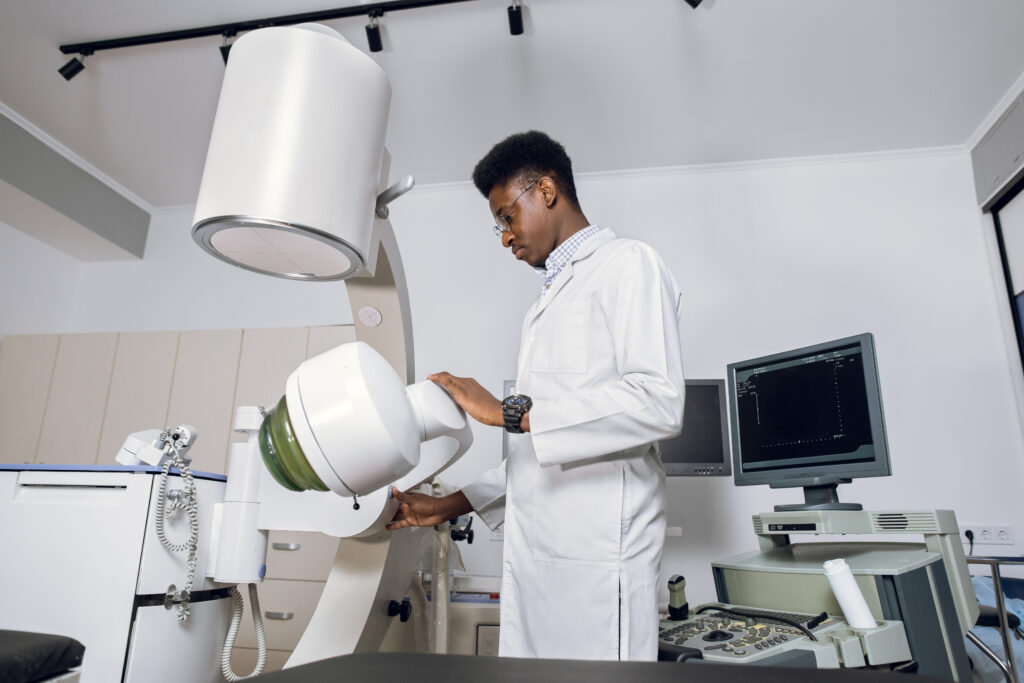
The U.S. Food and Drug Administration (FDA) has approved the first-ever clinical trials testing pig kidney transplants in people with kidney failure, marking a major step forward in cross-species transplantation.
Two biotechnology companies, United Therapeutics Corporation and eGenesis, have been cleared to begin their studies this year.
If successful, these trials could revolutionize organ transplantation, helping address the severe shortage of donor kidneys.
“We are entering a transformative era in organ transplantation,” Mike Curtis, president and chief executive of eGenesis, told The New York Times.
United Therapeutics Corporation will start its study with six patients. All have been on dialysis for at least six months and have no other serious medical problems. The trial will eventually expand to 50 participants if the first transplants go well. eGenesis will begin with three patients, increasing in stages.
Doctors will monitor each transplant patient for 24 weeks and require lifelong follow-ups to track health outcomes and potential risks such as pathogens that could cross from pigs to humans, according to The Times.
More than 550,000 Americans have kidney failure, and nearly 100,000 people are on the transplant waiting list. Yet fewer than 25,000 kidney transplants were performed in 2023, and many patients wait years or die before receiving a donor organ, according to The Times.
Genetically engineered pigs offer a promising solution because their organs are similar in size and function to human kidneys.
Both of the companies have modified pig genes to reduce the risk of organ rejection and improve compatibility with human bodies.
United Therapeutics pigs have undergone 10 gene edits, adding six human genes and removing four porcine genes linked to rejection.
eGenesis pigs have undergone 69 gene edits, most to inactivate viruses that could pose a risk to humans.
While the potential benefits of cross-species transplantation are groundbreaking, concerns about safety and ethics persist.
Some experts worry about known pathogens jumping from pigs to humans, though both companies raise their pigs in pathogen-free facilities that adhere to strict biosecurity protocols and regularly screen the animals for pathogens, The Times reported.
Christopher Bobier, an associate professor specializing in bioethics and health policy at Central Michigan University College of Medicine, told The Times that in a worst-case scenario, the recipient of an animal’s organ “could become infected with an undetected pathogen from the porcine source.”
Others question whether patients can truly give consent, considering how difficult it is for people on dialysis to refuse a potential life-saving solution.
“Saying no would be incredibly difficult,” Bobier said. “Fully grasping the lifelong implications of that decision would be even harder.”
United Therapeutics expects to begin transplants by mid-2025, with a few months between procedures to assess each outcome before moving forward.
eGenesis plans to wait six months between its first two patients, then three months before transplanting a third.
Even if these trials prove successful, the cost of pig organ transplants and whether insurance will cover them remain unclear, according to The Times.
First Black Woman Receives Pig Kidney Transplant
In a historic milestone, a Black woman in her 50s with kidney failure became the only person in the world currently living with a pig organ. The procedure, performed at NYU Langone Health in New York City, involved a genetically modified pig kidney engineered to reduce the risk of rejection. The patient’s body did not immediately reject the organ, and she was able to be taken off dialysis. This groundbreaking success offers hope for thousands of patients waiting for a kidney transplant.
How Pig Kidney Transplants Could Help Black Americans
If successful, pig kidney transplants could revolutionize organ transplantation and help address the severe shortage of donor kidneys, particularly for Black Americans.
- Reduced wait times: Pig kidney transplants could significantly reduce wait times for Black patients, who often face longer waits than white patients due to a lack of compatible donors.
- Improved access to care: Pig kidney transplants could improve access to care for Black patients, who may live in areas with limited access to transplant centers or face financial barriers to transplantation.
- Reduced health disparities: By reducing wait times and improving access to care, pig kidney transplants could help reduce health disparities between Black and white Americans with kidney failure.
Safety and Ethical Considerations
While the potential benefits of cross-species transplantation are groundbreaking, concerns about safety and ethics persist. Some experts worry about known pathogens jumping from pigs to humans, though both companies raise their pigs in pathogen-free facilities that adhere to strict biosecurity protocols and regularly screen the animals for pathogens.
Others question whether patients can truly give consent, considering how difficult it is for people on dialysis to refuse a potential life-saving solution.
The Future of Pig Kidney Transplants
United Therapeutics and eGenesis are both conducting clinical trials to evaluate the safety and efficacy of pig kidney transplants. If these trials are successful, pig kidney transplants could become a viable option for patients with kidney failure, particularly Black Americans who are disproportionately affected by this condition.
However, the cost of pig organ transplants and whether insurance will cover them remain unclear. Further research is also needed to address the ethical concerns surrounding cross-species transplantation.
Despite these challenges, pig kidney transplants hold tremendous promise for the future of organ transplantation. This breakthrough could save lives, reduce health disparities, and improve the quality of life for countless people with kidney failure.
More information
The Mayo Clinic has more on kidney transplants.
SOURCE: The New York Times, media report, Feb. 3, 2025







